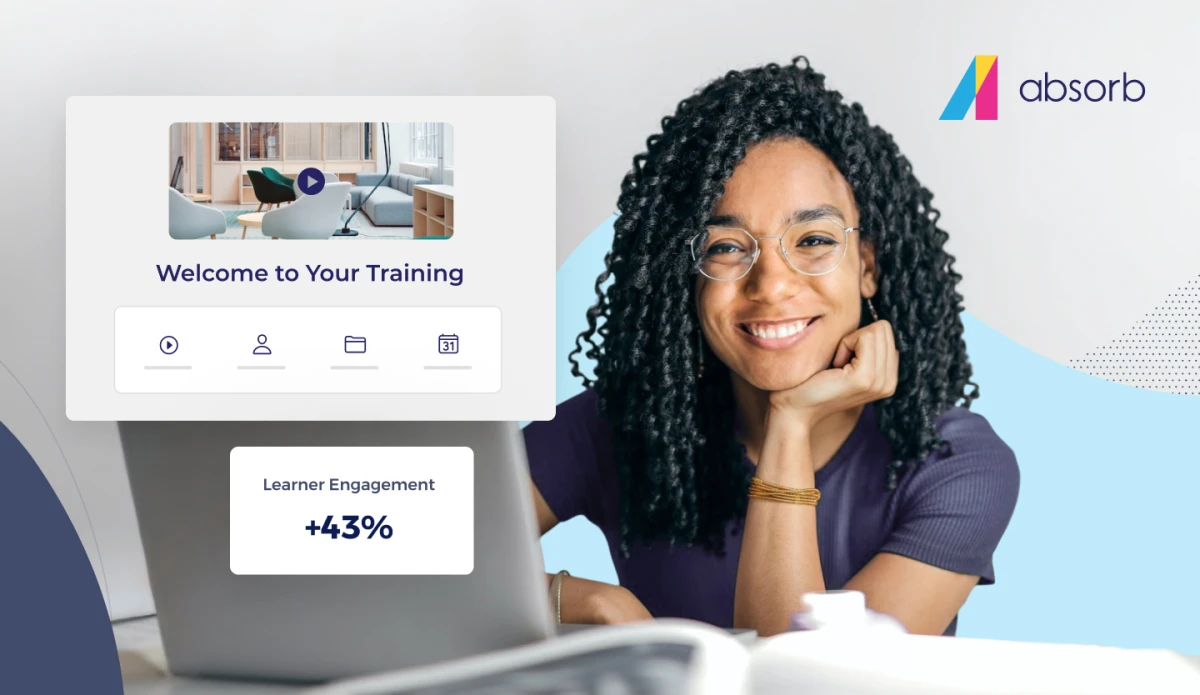
We live in a world where information flows between applications. Rare are organizations with all their data in discrete silos. Learning data should not be the exception. Here are some of the common ways learning management systems (LMS) can share data with other applications:
Importing data into the LMS from an HR system
Many organizations require employee records from a Human Resource Information System (HRIS) imported into a learning management system (LMS) as learner records. When a new employee is hired, this individual will automatically be registered into the LMS and can begin their learning activities. If an existing employee changes jobs, is promoted or relocates to a regional office, that information will be reflected within the LMS and the individual's learning plan adjusted accordingly.
Centralizing learner records within an HR system
Some organizations require learner data exported from the LMS into an HRIS system, thus allowing individuals’ learning history to be attached to their employee data and displayed within the HRIS. For organizations working in regulated industries, for instance, this makes potential audits quick and easy; eliminating the need to look for data in two separate places.
Adding legacy learning records to an LMS
In some organizations, the training history of employees may exist in an HR system or have been exported from a learning management system no longer in use. To centralize the learning history of employees, their achievements and certifications can be imported into the LMS.
Sharing eCommerce data with accounting applications
In situations where learning content is purchased by individuals, departments, or organizations using the learning management system's shopping cart, APIs can be created to exchange financial data with accounting software applications. Such integration allows purchase histories to be tracked and can be used to generate financial reports such as profit and loss statements, balance sheets, etc.
Want to learn more about data integration? Read more about Absorb's integration flexibility.





